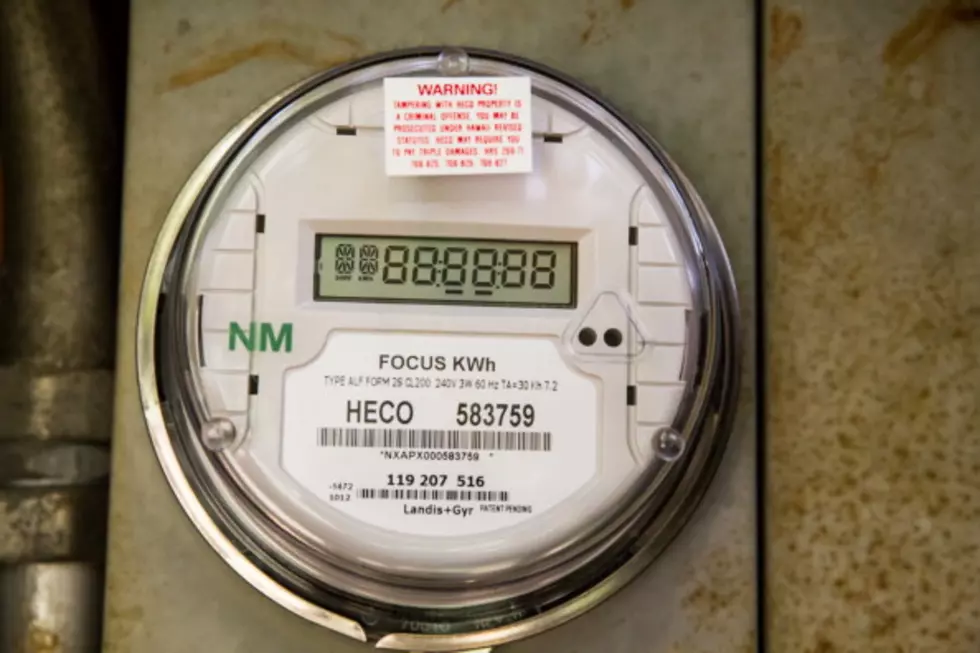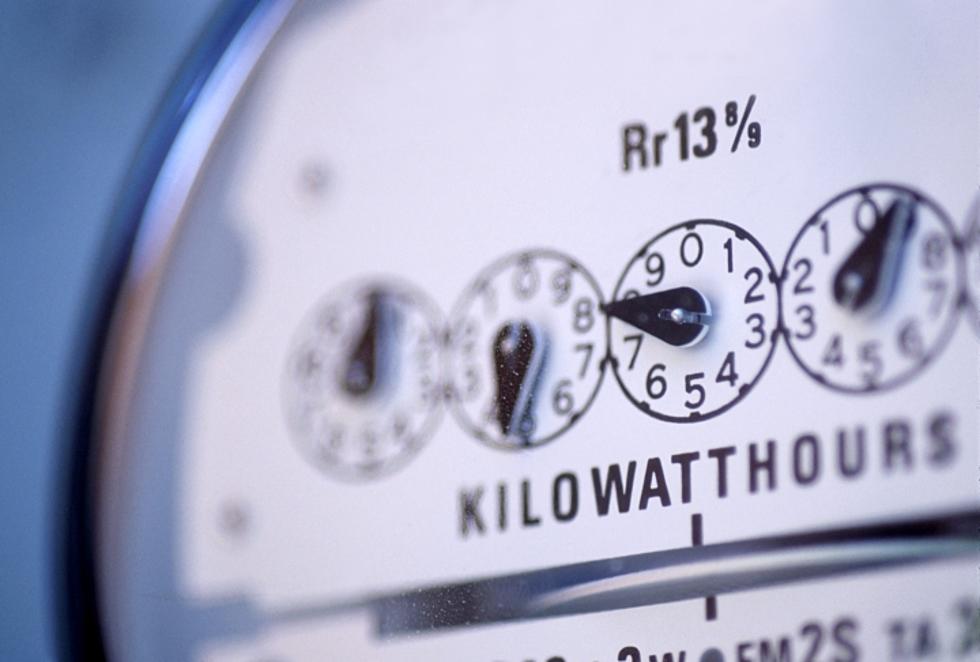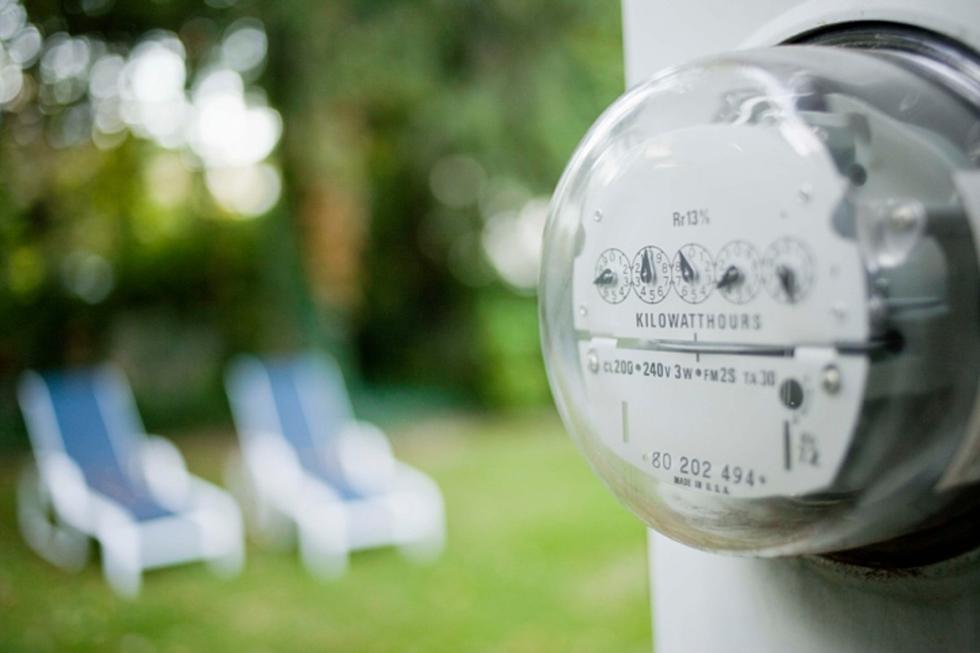
Consumers Blames Cold Temps for High Bills, Your 2014 Bill Might Disprove That
Consumers Energy says cold temps are the cause of the significantly higher energy bills, but your 2014 Consumers bill might have something to say about that.
Many area residents are outraged at their significantly more expensive energy bills this winter, and many believe there's some kind of underhanded business going on in the Consumers Energy business department. One of the main theories is that the smart meters are malfunctioning in the cold weather, while some have thought from the beginning that smart meters were installed for the sole purpose of skewing the numbers.
Reps from Consumers Energy testified on this very subject in Lansing Tuesday morning, and pointed towards the cold temps as the reason for the increase people are seeing on their bills. They also expressed confidence in the accuracy of smart meters and their ability to function properly in cold temps, as the company has done on multiple occasions in the past.
So, here's the problem I have with this simplified brush off of a response -- it was significantly colder than this in January and February of 2014 and I don't recall this sort of outrage about seemingly disproportionate increases in energy bills. Just take a look:
The average temp for the Flint area in January of 2014 was 15.6º with 13 days where the temp dipped below 0º. (Source: NOAA)
The average temp for the Flint area in January of 2018 was 21.4º with 8 days where temps dropped to 0º or lower. (Sources: NOAA | Accuweather)
Seems to me that one of those winters was significantly colder, and that's without even touching on the record-breaking snowfall we saw in 2014. So, if you take into account any changes in your home's ability to retain heat and fluctuations in energy prices between now and 2014, you should be able to effectively prove or disprove Consumers Energy's explanation with a simple bill comparison between the January 2014 and 2018 bills, right?
You can log into your Consumers account and check the billing and payment history to see if your bill increase is disproportionate to that of last month, because 2014 should actually be a higher increase than 2018.
For a more detailed look at the bill, which I would suggest before jumping to any conclusions, you'll need to dig into the energy insights section. If that tool is as wonky for you as it was when I tried to use it, you can request a detailed history of your bill by calling or visiting Consumers.
Editor's Note: Oddly enough, while writing this, Consumers logged me out of my account and when I logged back in there was this note that linked to an article explaining their cold temp defense that was not there before. It's not a conspiracy or anything, but the timing of it was comical.
Maybe they already realized the point I'm making about 2014, because it is referenced several times in their article. However, the wording is very deliberate. They continually say "coldest temps SINCE 2014" and use the word "Polar Vortex" several times. As I mentioned above -- this year was no 2014.
More From Banana 101.5









